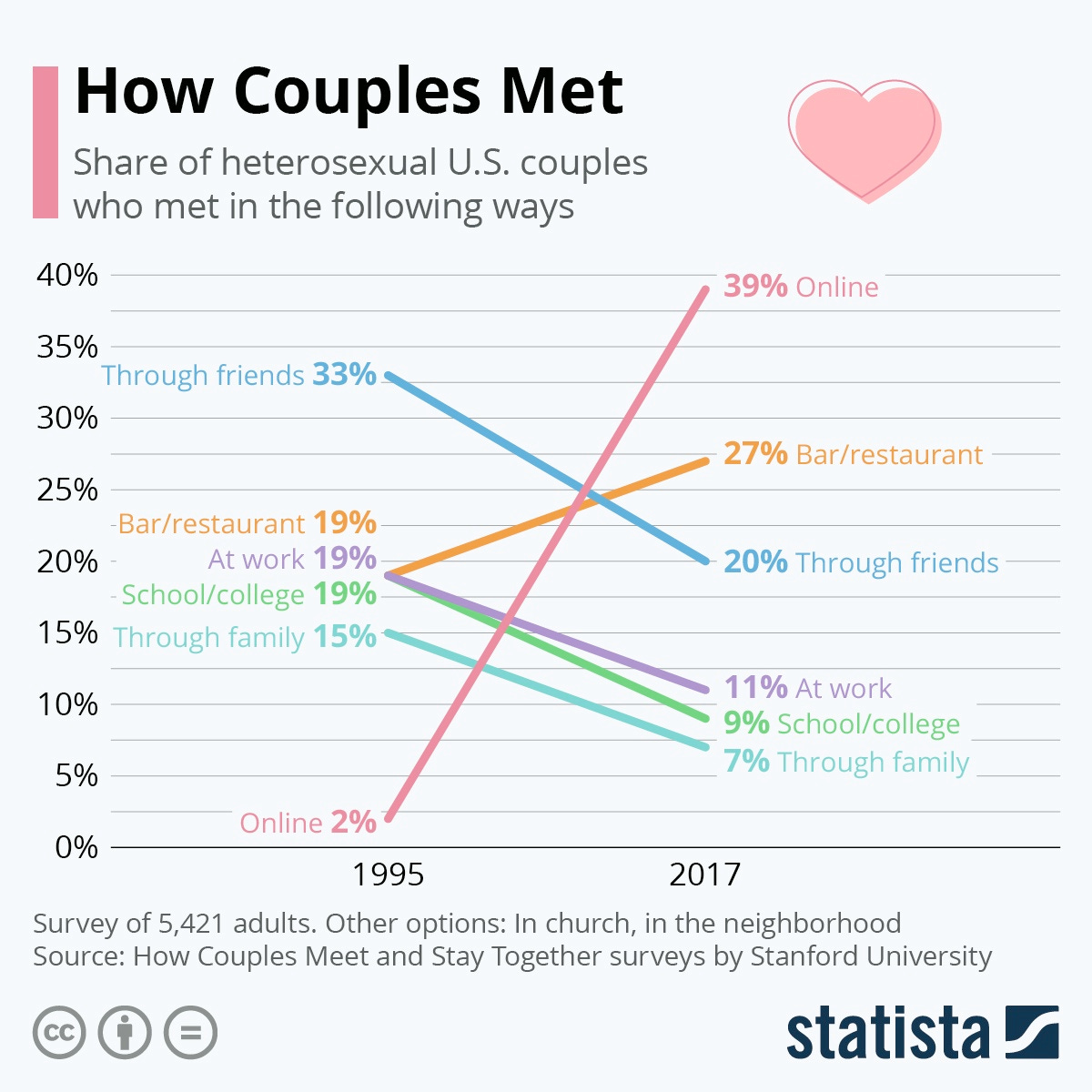No one wants to work! Where are all the workers?! I hear this often, and I read it in the news and in comments on social media. I'm sure you do too.
I remember, in my first year at HBS, something Clayton Christensen said to my section. I think he understood that we, his students, might have felt a bit omnipotent, a bit super-special … we might have been a bit … arrogant. He pleaded with us, in his gentle manner, "Can we all agree we won't go through these case studies and jump to the conclusion that the protagonist was "stupid"?" Instead, he challenged us, how could decent, well-intentioned people reason themselves into the situation?
Could that attitude yield some insights into the current employment situation? I refuse to accept, knee-jerk, that people are lazy, spoiled, or entitled: I am not going to attribute worker shortages to an epidemic of moral failure.
And it is not only that people are unmotivated to apply for and accept jobs but also that people are unmotivated to show up for and work hard at jobs they have! The recent "quiet quitting" and "coffee badging" trends attest to that.
Why are people unmoved? Unmotivated? I'll cover some obvious reasons and then share a few you might not have considered. I believe there are things we can do about it, as leaders and managers.
GOING TO WORK IS NOT COMPELLING FOR MANY PEOPLE, MUCH OF THE TIME
It took me a few tries to write that line. You see, I'm trying to describe that proverbial "carrot", and words like, "pay, "compensation", "benefits" just don't do it. I want you to think about the whole thing, the "iceberg".
What is the totality of all those things, tangible, “visible”, and intangible, “below-the-waterline”, that moves one to work at all?
It's a package of a variety of things. That visible tip of that iceberg could be one's actual paycheck, one's take home pay. I discuss inflation in a previous post, "Money for Nothing", and I argue wage growth has not kept pace with inflation. So, indeed, work pays less; This is true at positions high and low, salaried and hourly.
Perhaps even worse, I believe that most, if not all, jobs have gotten notably harder lately. In another post, "Suck it up", I discuss supply disruptions. Goods and services we used to take for granted simply vanished or are in short supply, due first to COVID, and now, to world conflicts. This means everyone is tasked with doing more with less, to struggle to keep the product or service up to the previous standard while lacking the previous capabilities. It's frustrating and stressful; it's burdensome.
There is a vicious cycle in play: As each one, additional worker finds that carrot-to-burden out of balance, he withdraws from work, creating a vacancy in his team, adding work to those remain - - and, creating yet another vanishing good or service down the line, for others.
For Want of a Nail, a proverb
For want of a nail the shoe was lost.
For want of a shoe the horse was lost.
For want of a horse the rider was lost.
For want of a rider the message was lost.
For want of a message the battle was lost.
For want of a battle the kingdom was lost.
And all for the want of a horseshoe nail.
Do you have other examples of reward and workload imbalance? Anecdotes of supply disruption creating downstream problems? Share in the comments.
YOUNG PEOPLE DON'T WANT GRANDMA'S OAK FURNITURE
I was recently chatting with a young man, a busboy at a fine restaurant. He told me that he was in college studying criminal justice and that he planned to become a police officer. Later, I learned from him that he had, while in high school, been a plumber's assistant and was licensed. I reacted, "Wow!, Isn't that a fine path? Secure, pays well, so why law enforcement?" He told me plumbing was "boring"!
Should it surprise us at all that young people, young workers, might have very different feelings about their preferences? Many researchers believe that attention spans are getting shorter by the decade and that this is driven by our increased, ubiquitous use of computers and smartphones. For younger people, this has been true their entire lives. We ask them to work in workplaces that were not created by or for them. We are asking them to do tasks alien to them, in ways to which they are unaccustomed. I believe most of us do not yet grasp the potential magnitude of this cultural shift.
There was a shift of this magnitude before. Think back to the 1960s and the entrance of women into the workforce in mass. Following the advent of labor-saving appliances, wasn't the suburban home comparatively dull and lifeless, compared to the prospect of the workplace? Women's entrance to the workforce changed the work AND the workplace.
Are you really going to separate 20-somethings from their phones at work? Wanna bet?
The role that work and the workplace plays in people's lives has transformed. Here, this is an easy proof.
See that? Work (and school) were once quite important in finding a mate; this is no longer true. On that iceberg above, what was once an important consideration, an intangible, below-the-waterline benefit, "I might meet my true love through work." is no longer of the same weight in that basket.
Can you give more examples of these recent cultural changes? Share your thoughts in the comments.
LEADERS CAN MAKE SOME IMMEDIATE CHANGES TO MAKE WORK MORE COMPELLING
Prune your crew, especially of toxic people. "But wait!", you say. Yes, I want you to react to employee shortages by getting rid of people. People who are troublesome create an environment where people don't want to work, or even to show up. You are left with people tolerant of toxins, and you won't attract good people. It is a death spiral … downward. See my post "Healthy Prunes" for more.
Hire good people. Pay better than your competition, for starters. Paying better gives your choices. You will grow your "funnel" of potential hires and can afford to pick "good apples". Those better people attract better people, putting you on the virtuous cycle … upward.
Be flexible with your staff. In this connected, "gig economy" people value autonomy and flexibility. Can you give more of this? There are technology tools that can help: Have you seen modern scheduling apps, for instance? While it might have been a chore to schedule twenty, part-time employees on paper, these apps make it a snap - - or a "swipe"! Wouldn't it be a competitive advantage to accommodate new worker preferences - - does that front desk worker really need to put their phone in the back locker during their entire shift? Whose values and leadership styles are deciding in these situations?
Fix your OS. What is your organizations operating system? It needs to be tight, at each position, at every level. Once, at BCG, I worked on an incentive schema - - two drivers for every position. Let's say you are hiring a host at a high-end restaurant; you could tell them to focus on just two things: Maximize the number of times each table turns AND allocate tables to servers fairly. For servers it might be: Maximize your tips AND help your fellow servers. A good operating system has all of these drivers clearly laid out, with matching incentives, and interlinking tensions that enable the whole to achieve the group mission.
Improve your culture. Start with some rituals. See my post “Camo and Corn Dollies” for more on this idea. I am afraid to ask how many workers were not thanked for working on Labor Day holiday. I know it was a multitude. Training and a culture of continuous improvement is another part of the winning formula, tailor-made to the realities of today’s environment.
Please share any other suggestions you have in the comments.
A FISH ROTS FROM THE HEAD DOWN - - LEADERSHIP IS MORE VALUABLE THAN EVER
It is incumbent on those at the top to design and enable organizational successes. Never has management and leadership talent been more scarce. We collectively bear this responsibility: It is not a moral failure of our people. This is the most important leadership challenge. Join me on my mission to cultivate these talents!








Young people recognize if they sign up for the good citizen program (home, mortgage, 50-60 hr. Work week for 40+years) the majority of their wages and compensation for their hard work will be absconded by the parasitic insurance, banking/finance, mega-corporations & privatized healthcare systems who’ve managed to give themselves large raises over the years while citizens striving for an elusive pot of gold only gain a pot of iron pieces at best these days of phantom austerity and even that is being skimmed by the parasites that offer nothing tangible to society.
Nobody wants to work to support a system that is constantly on the take.
RB